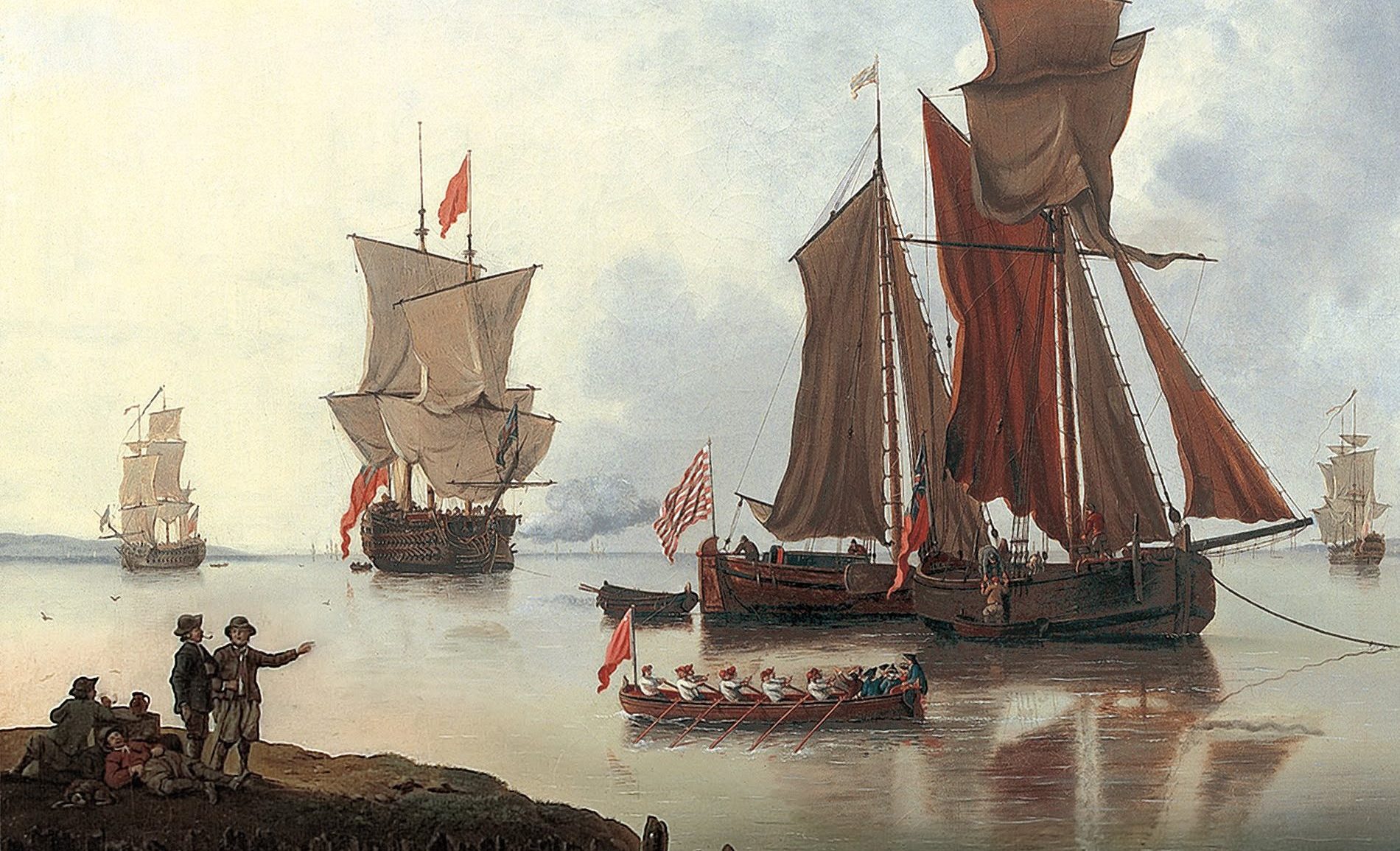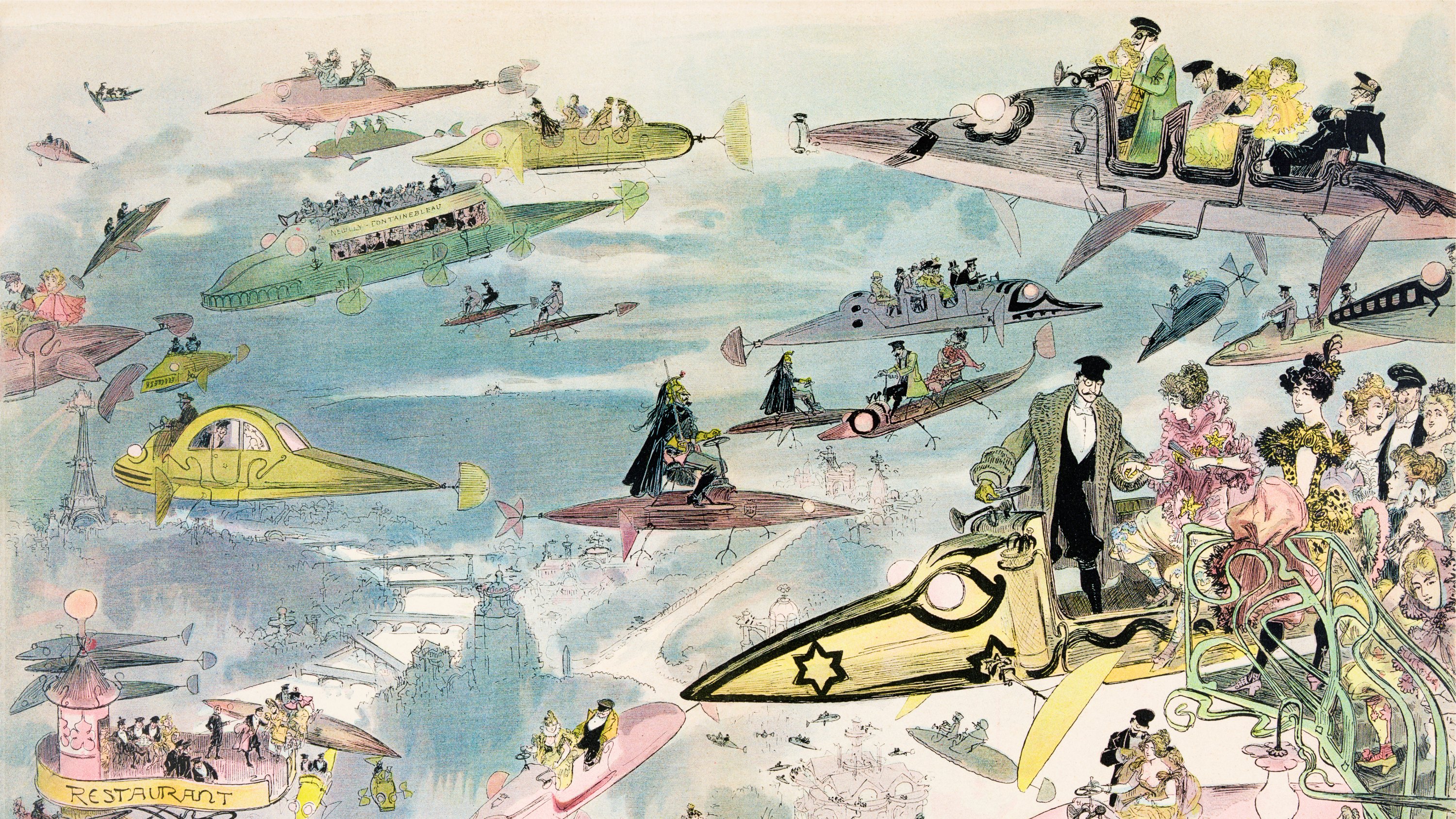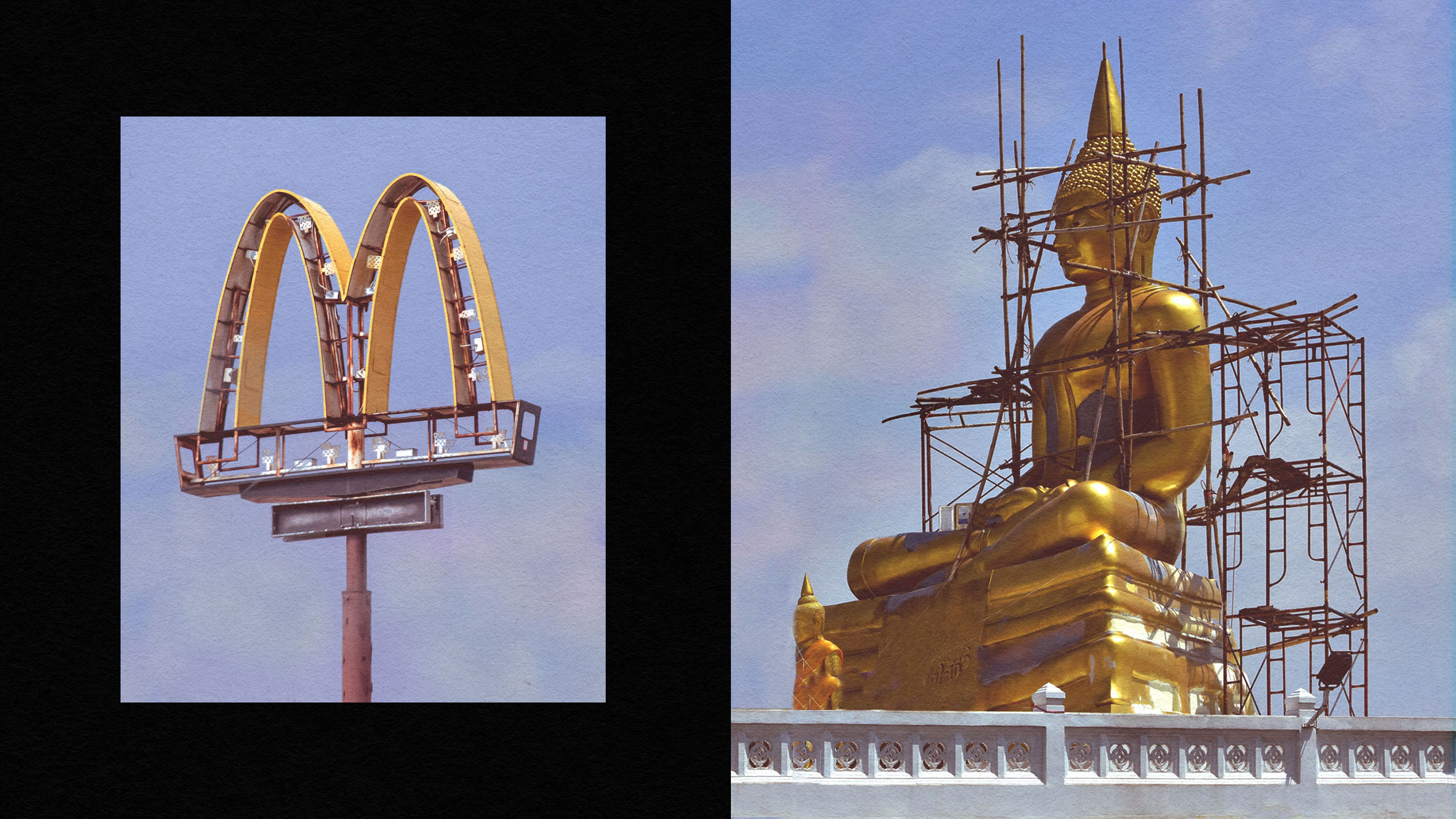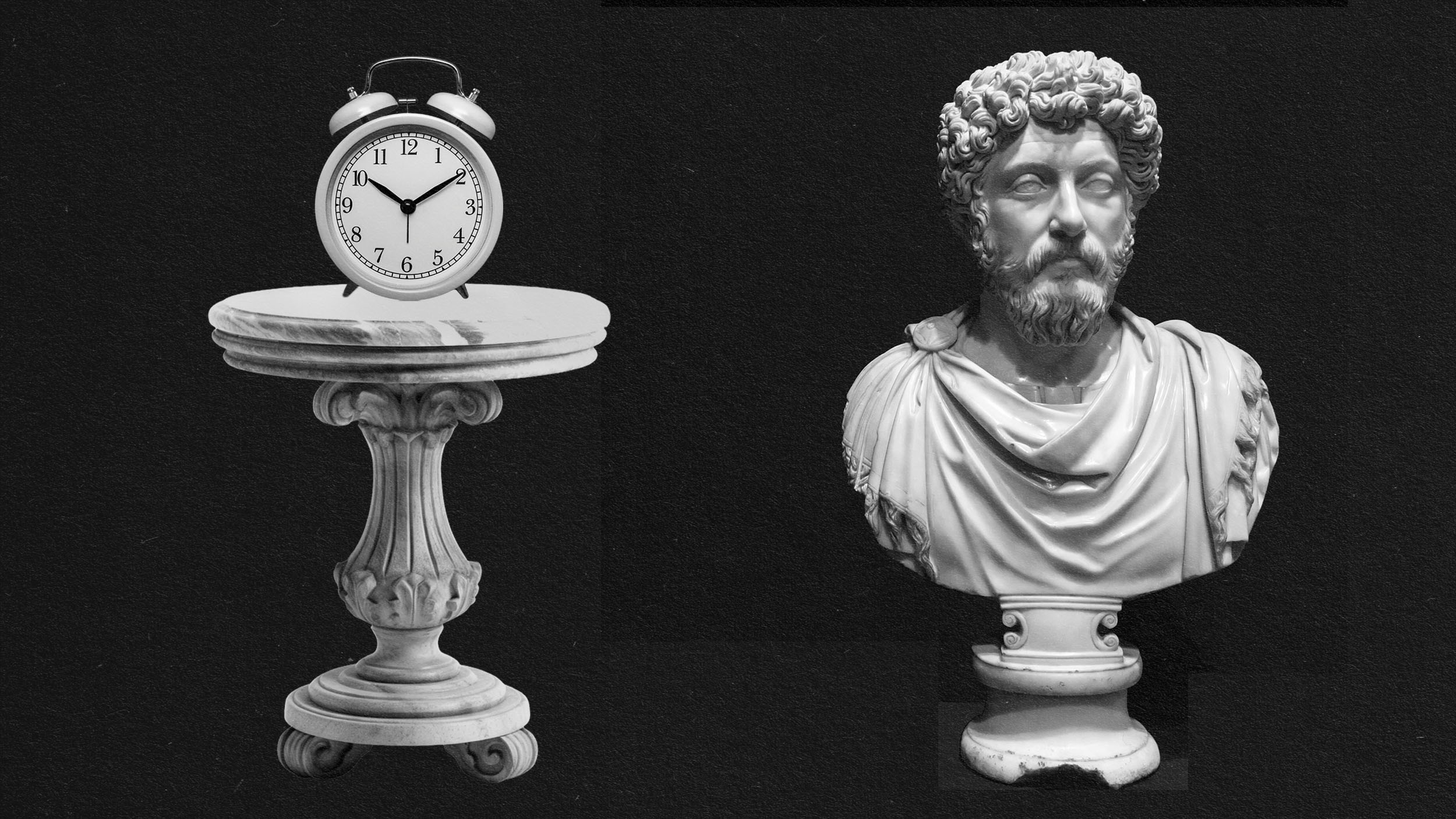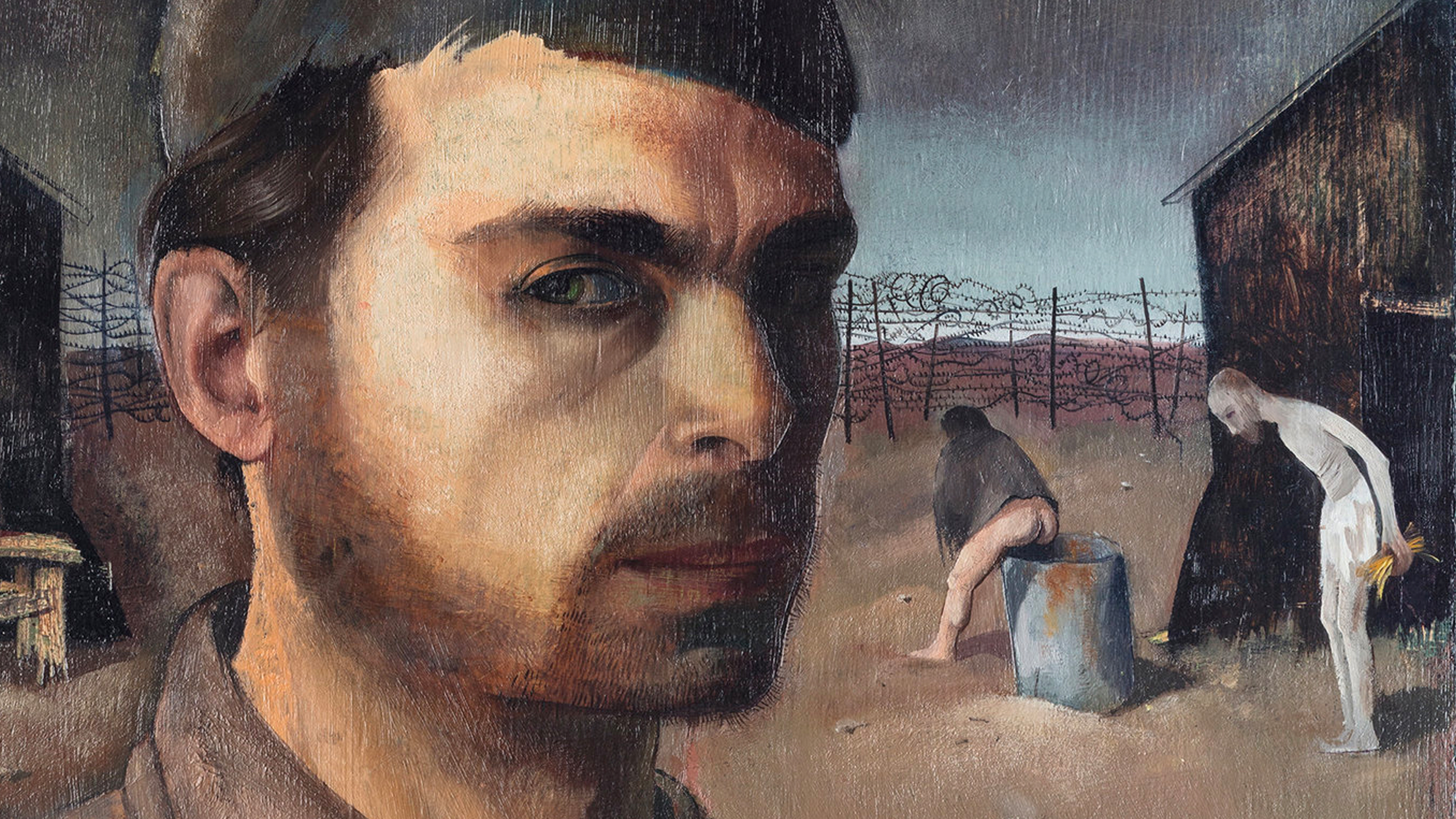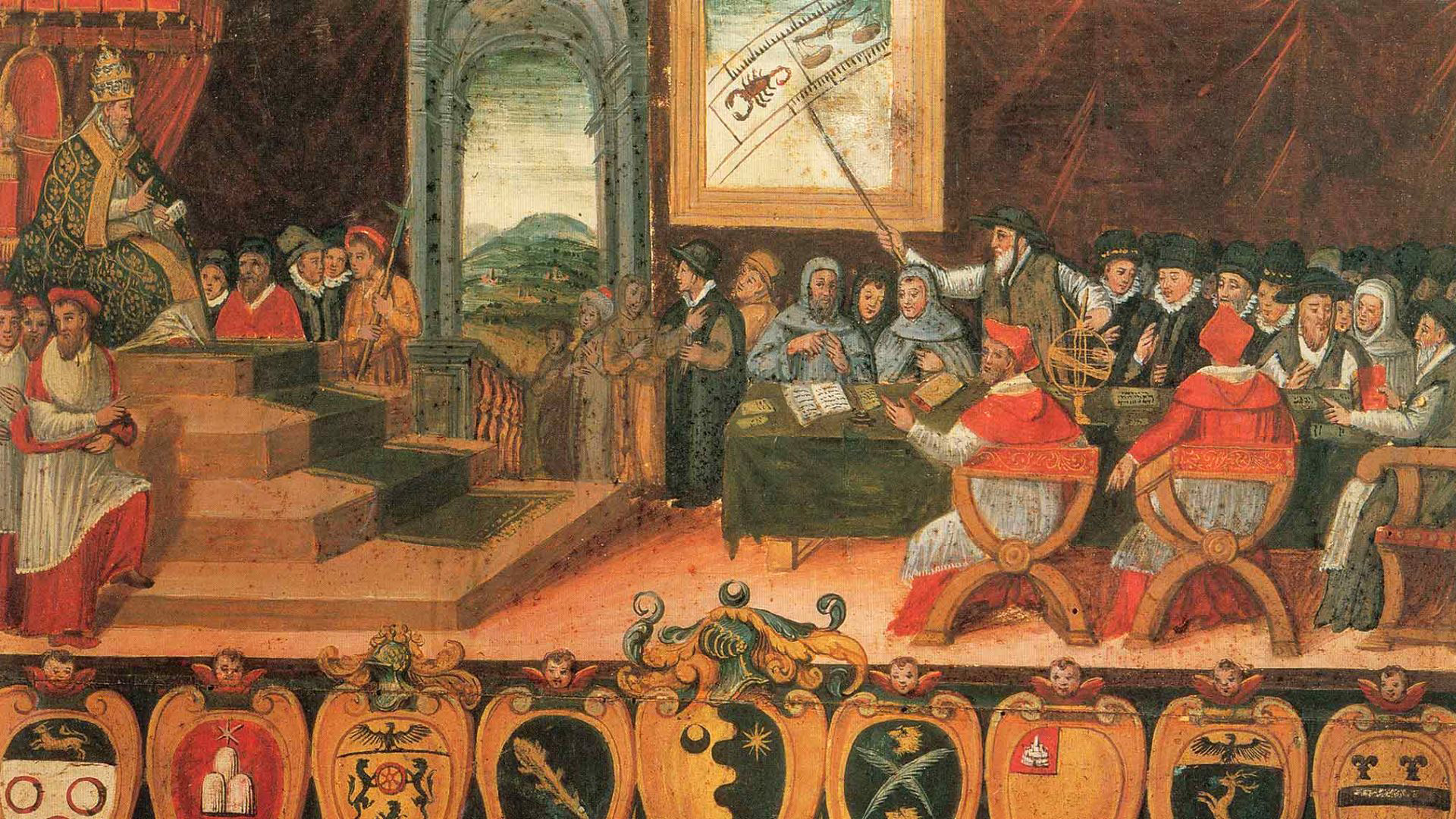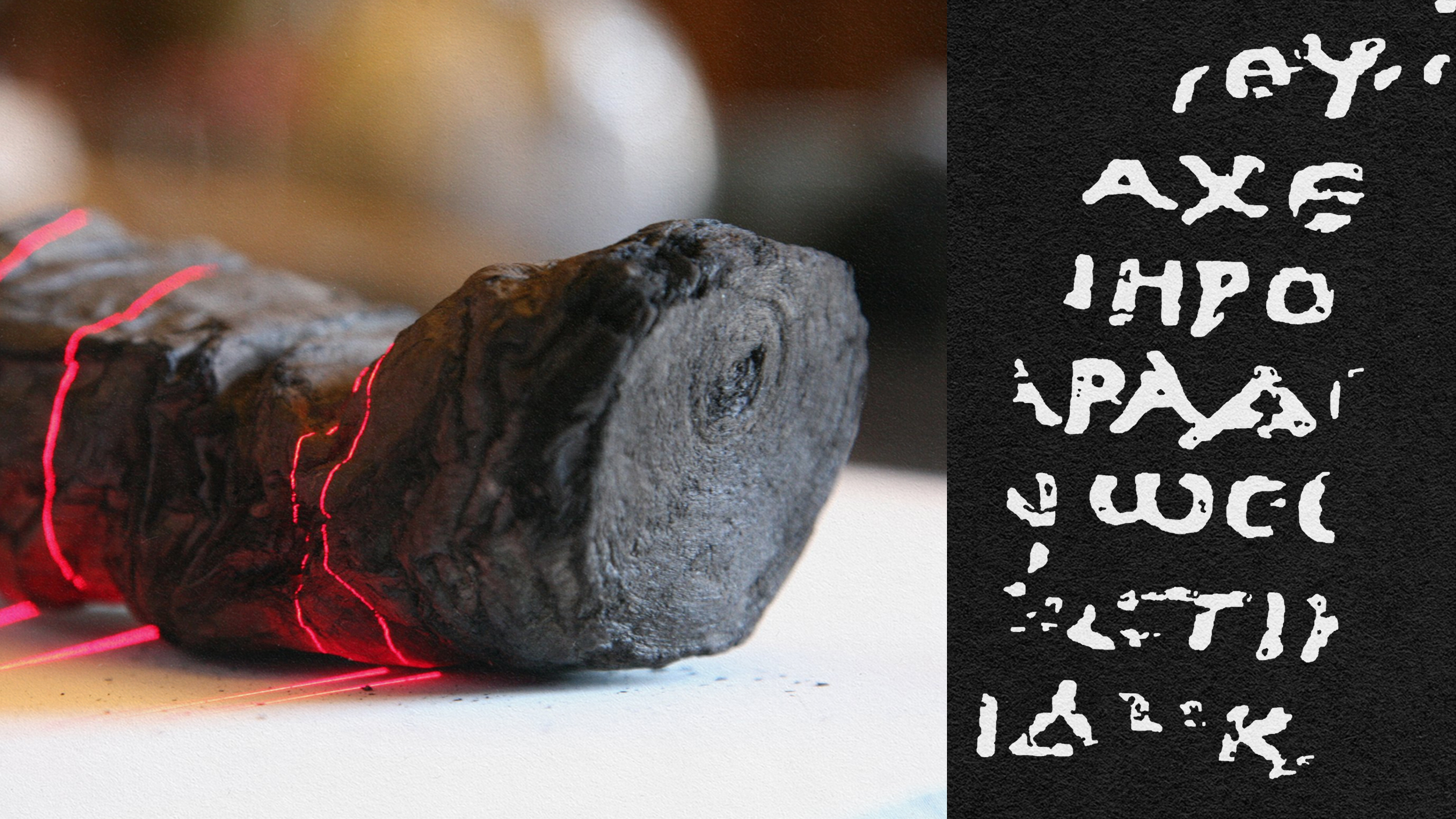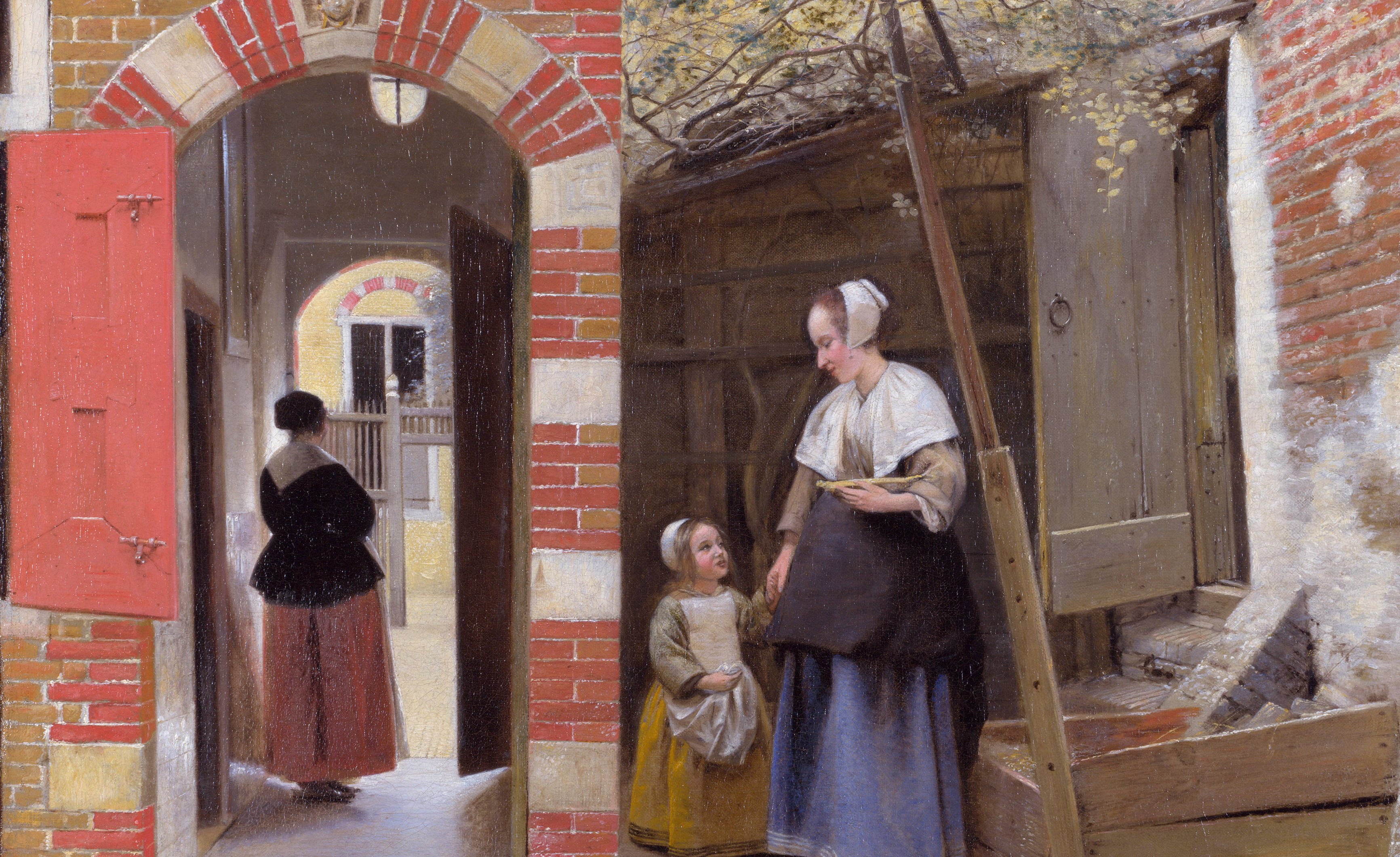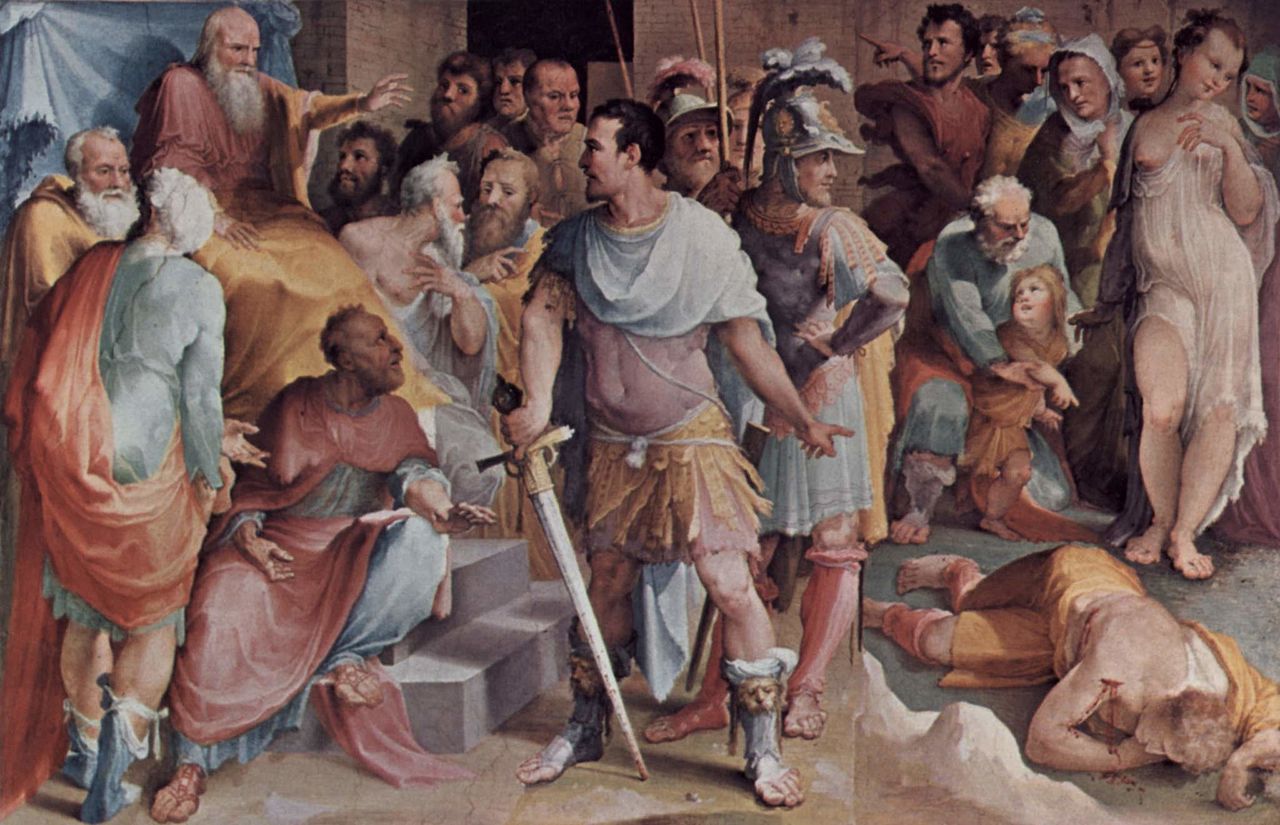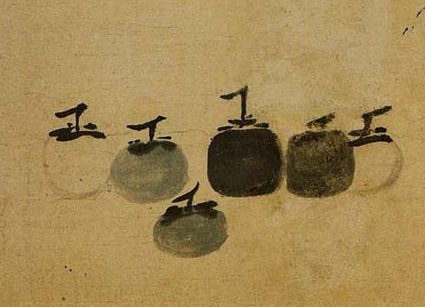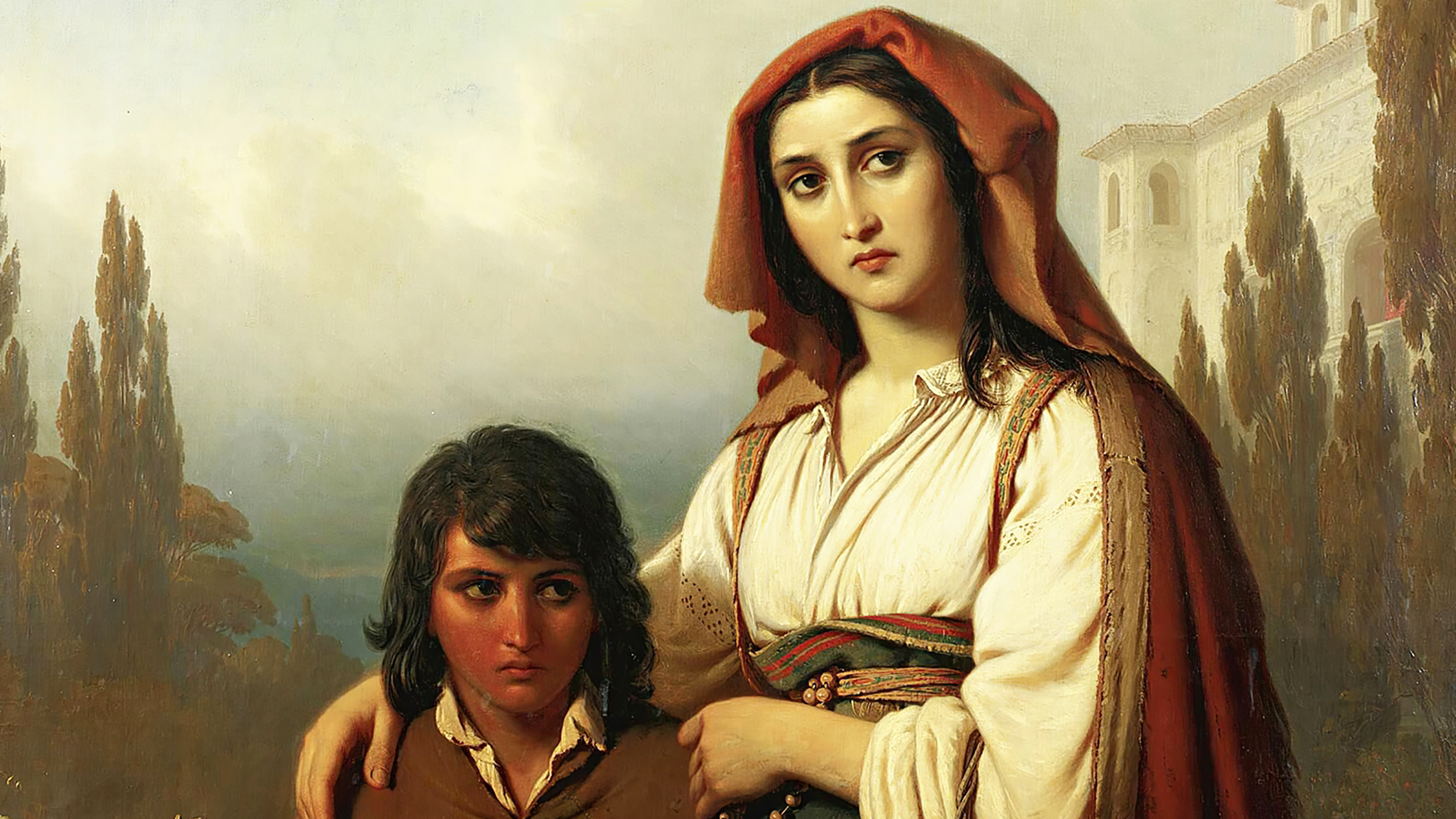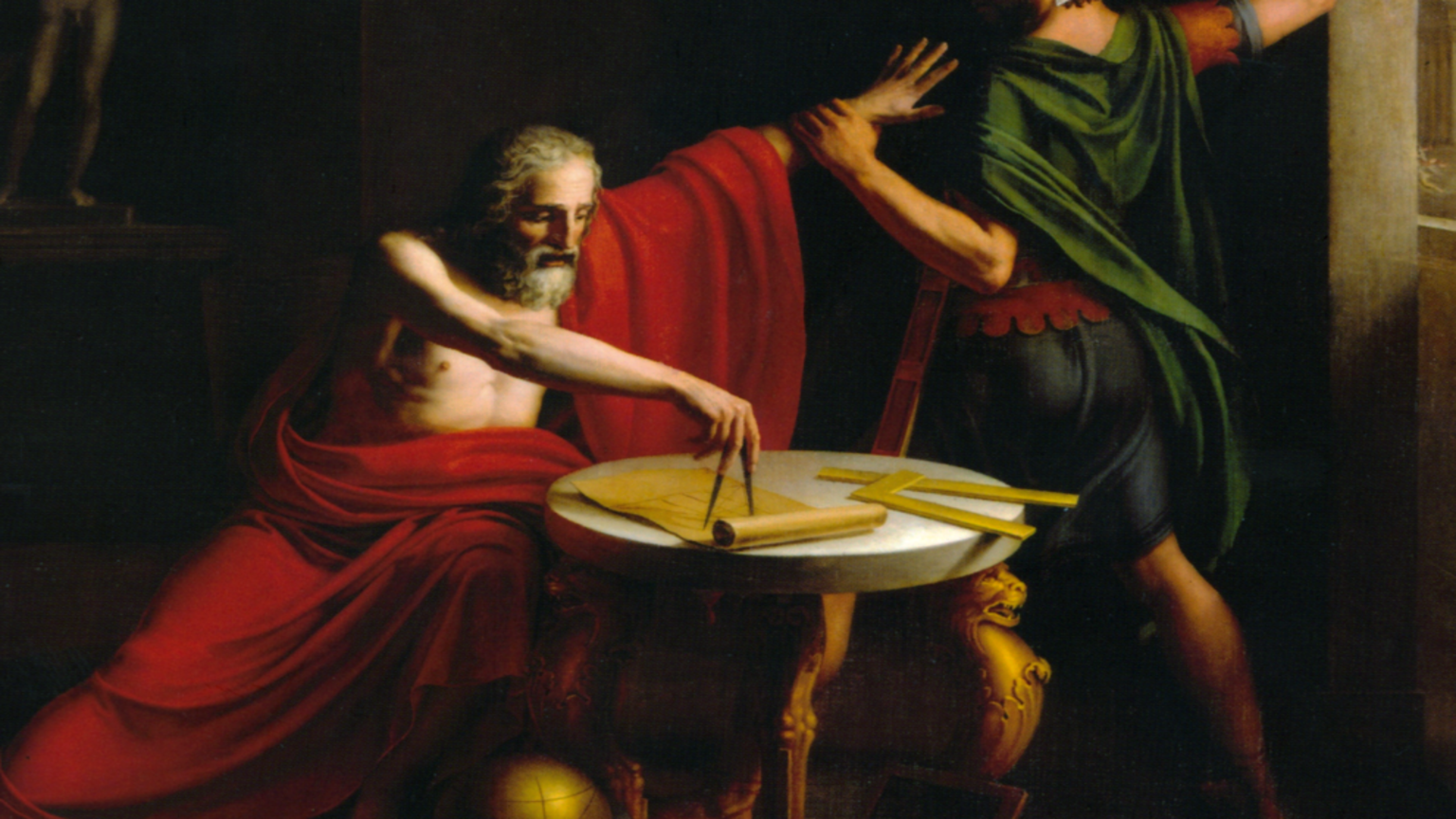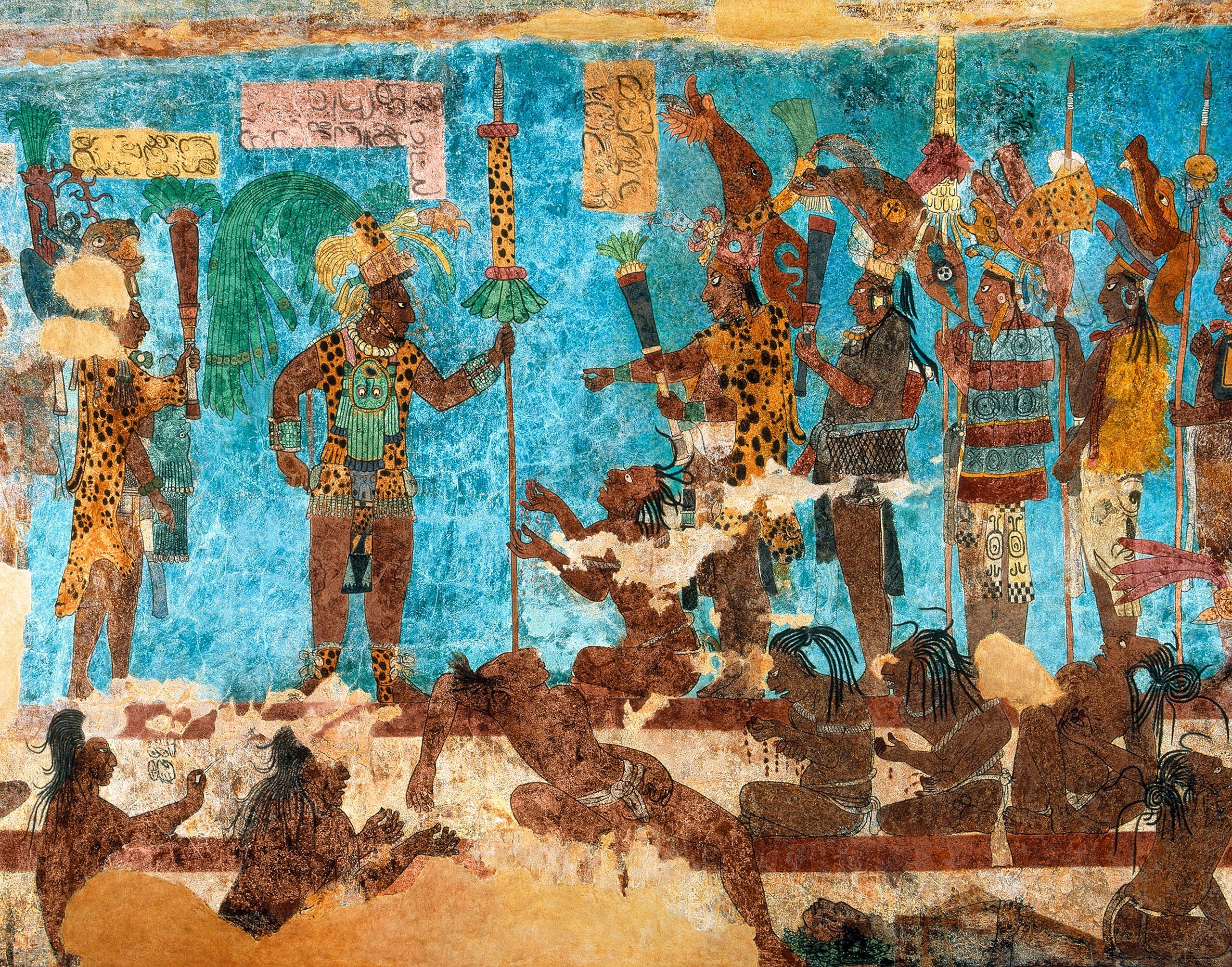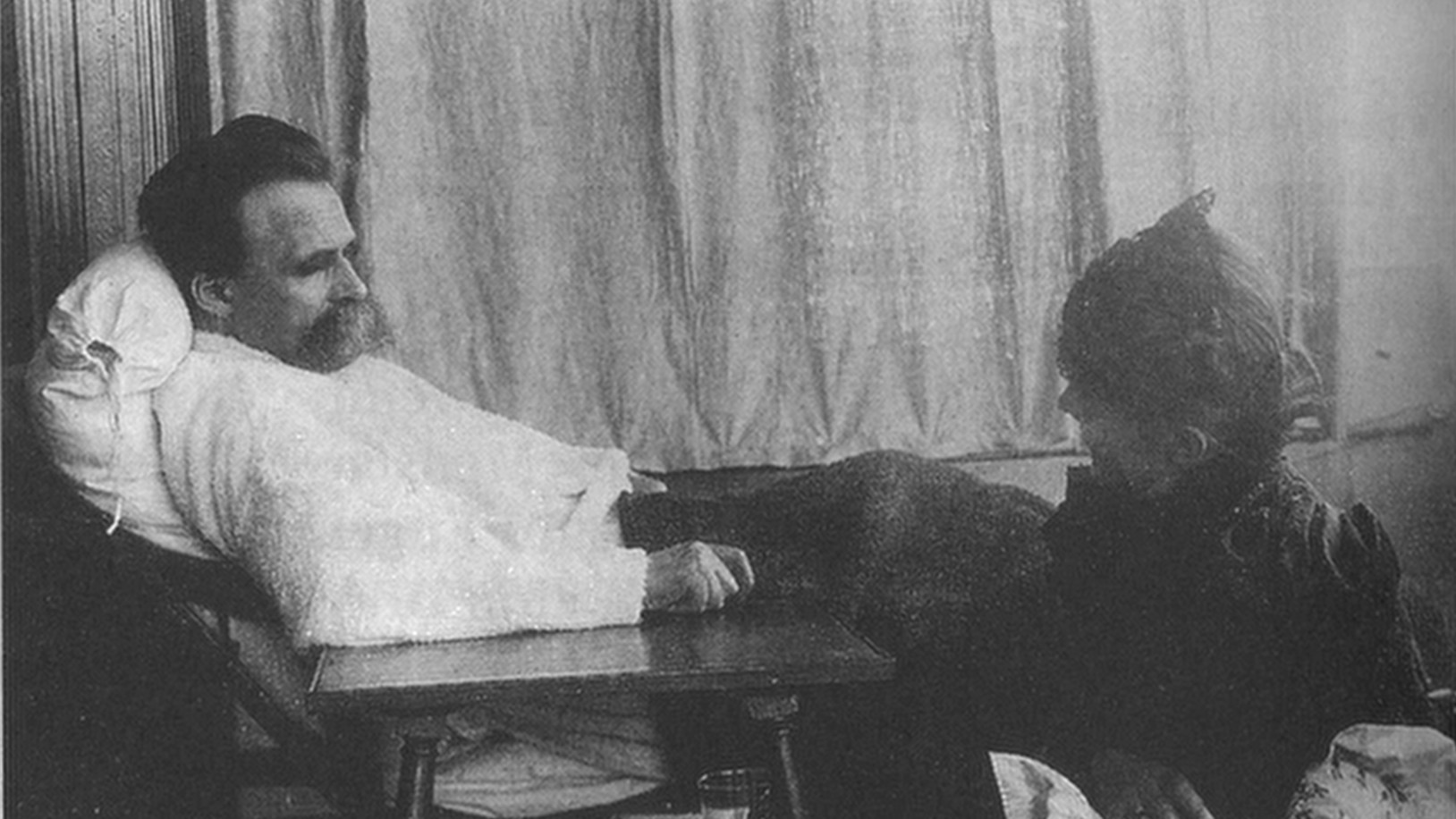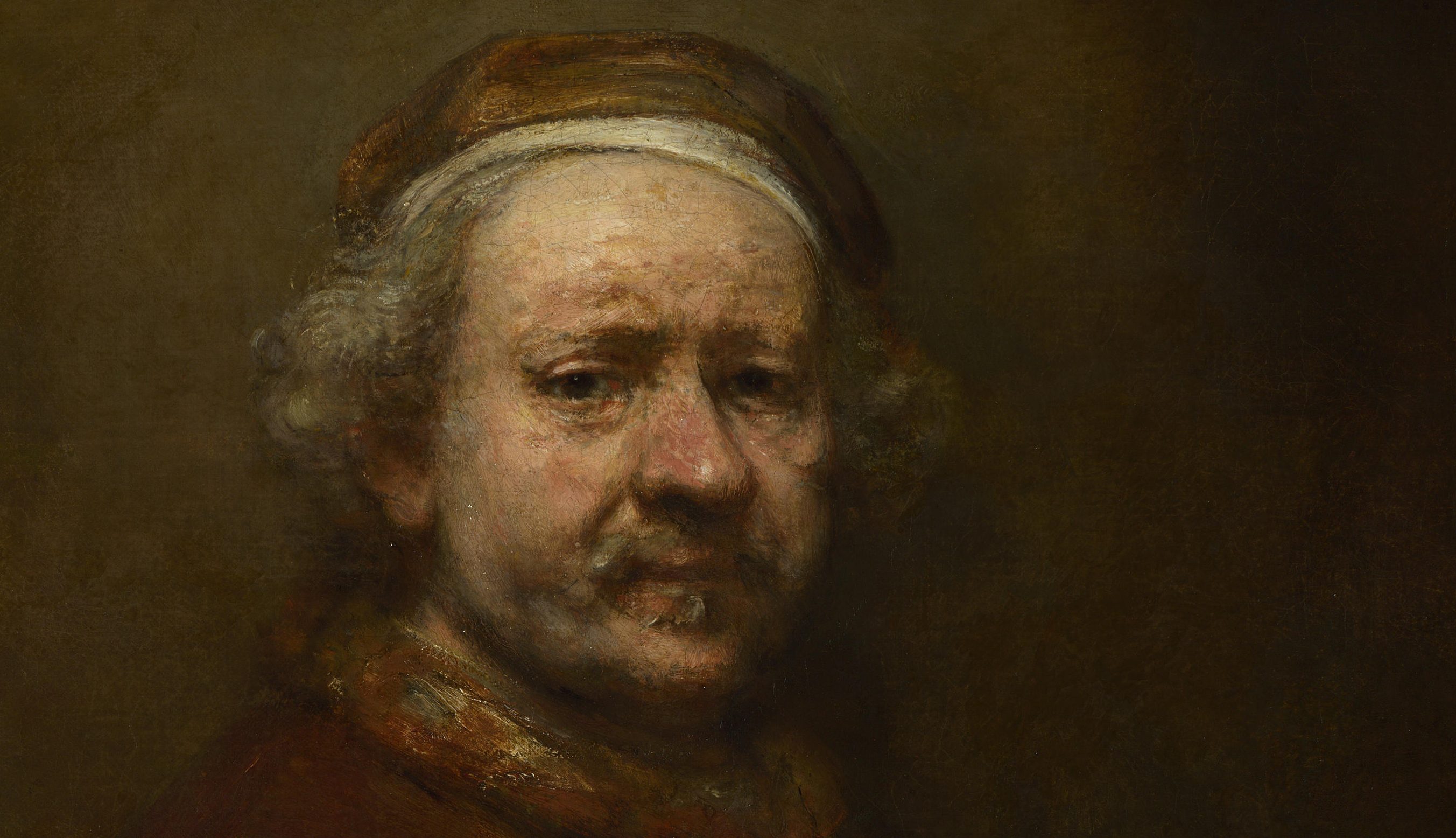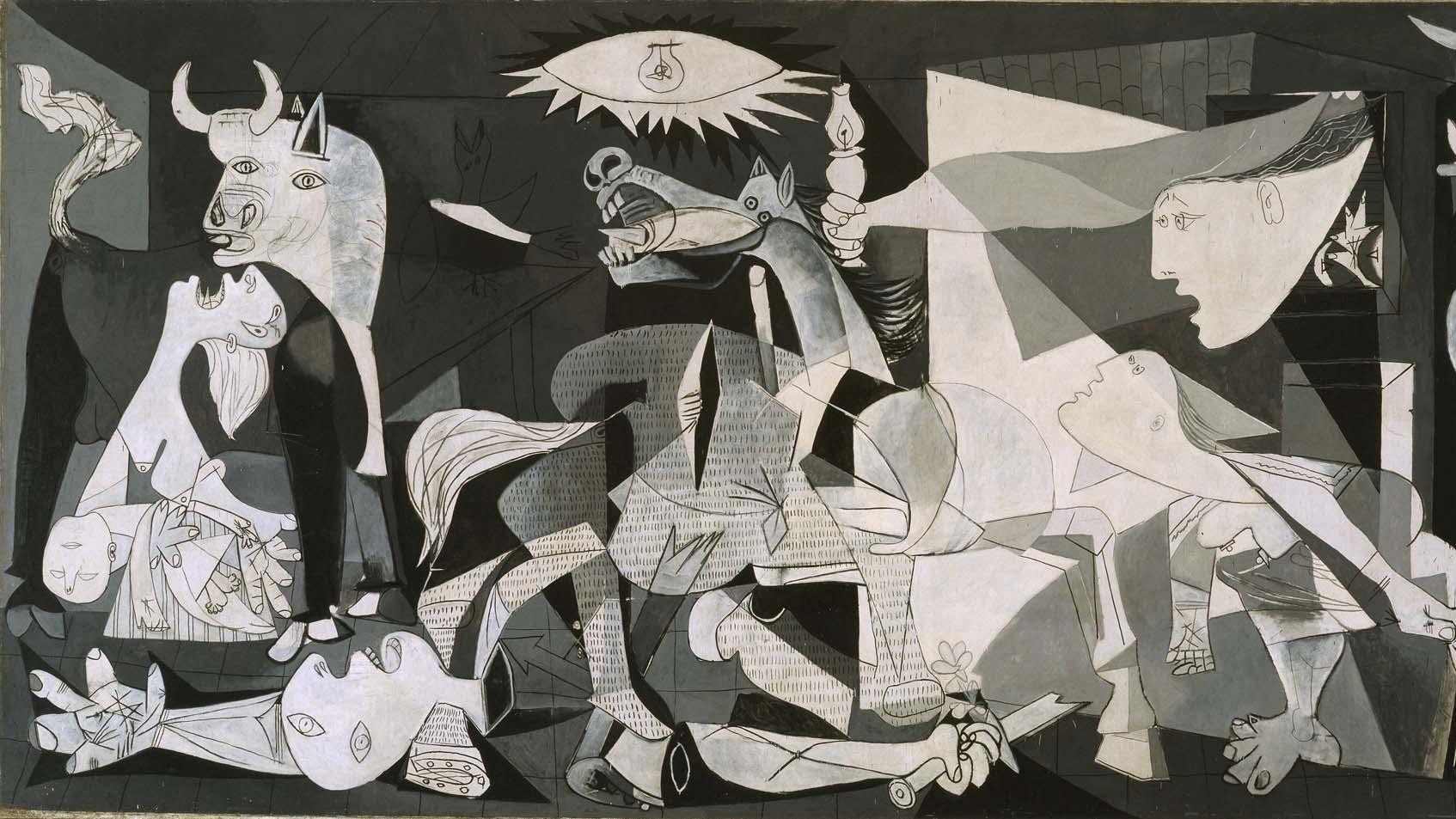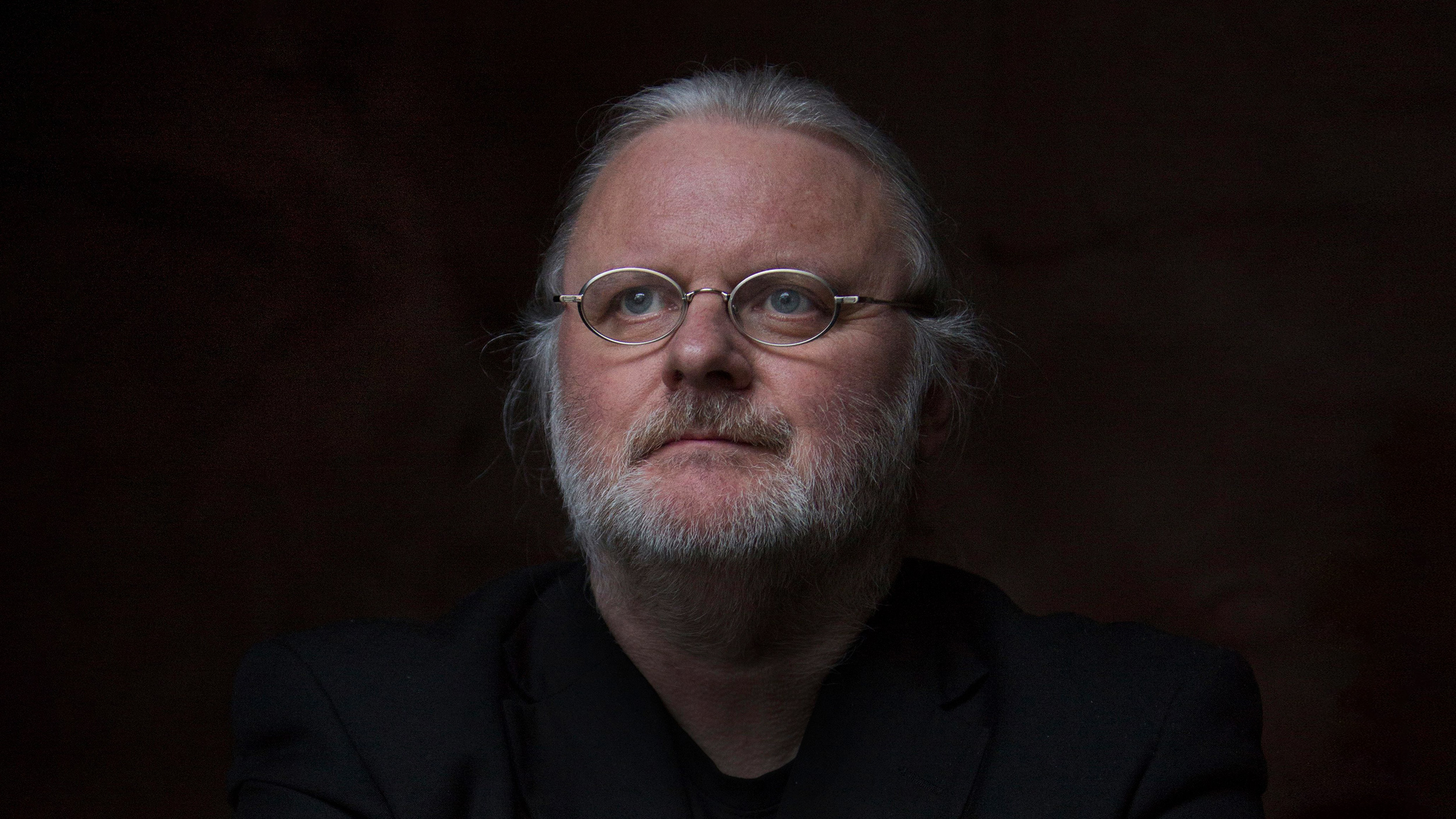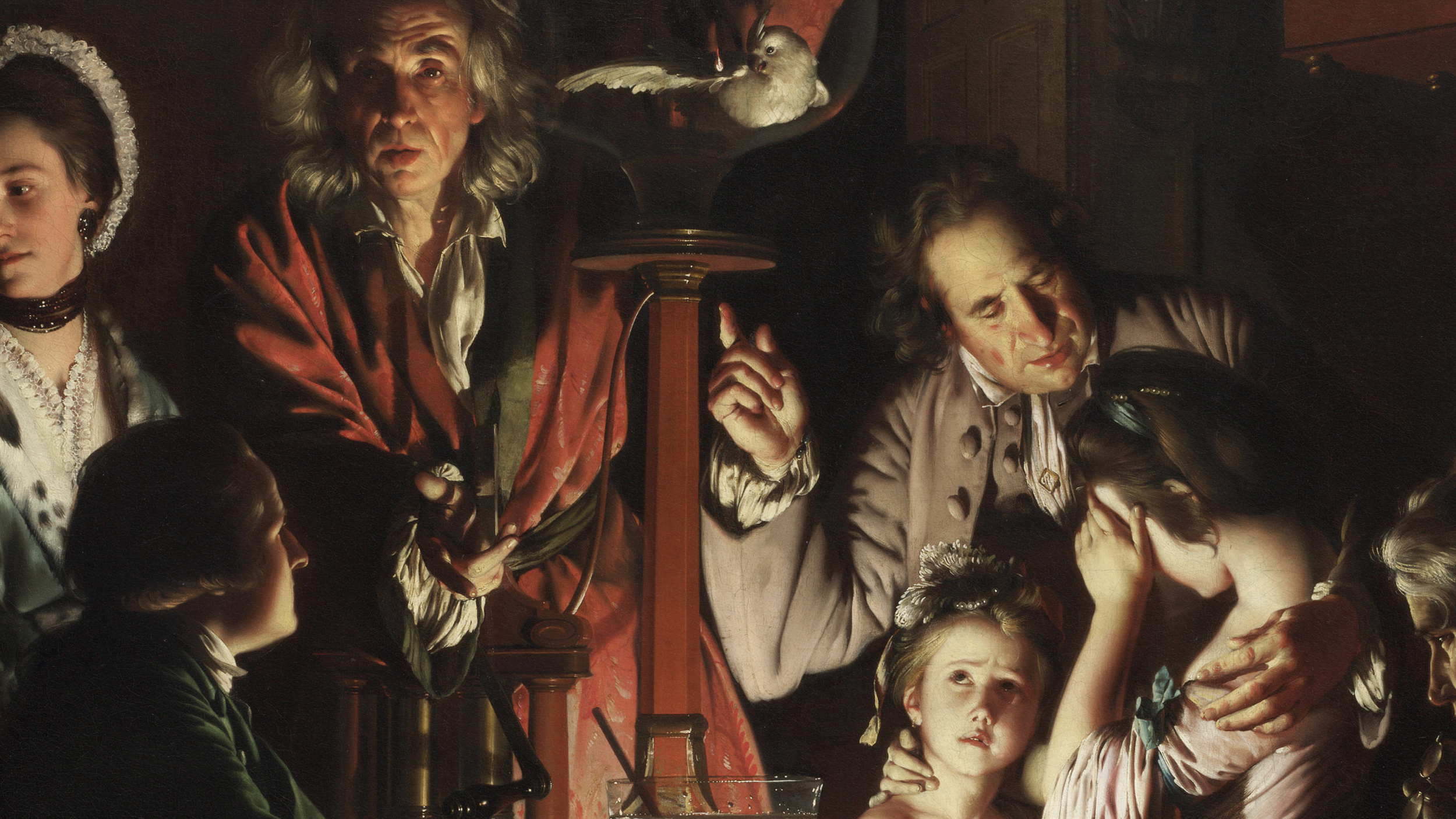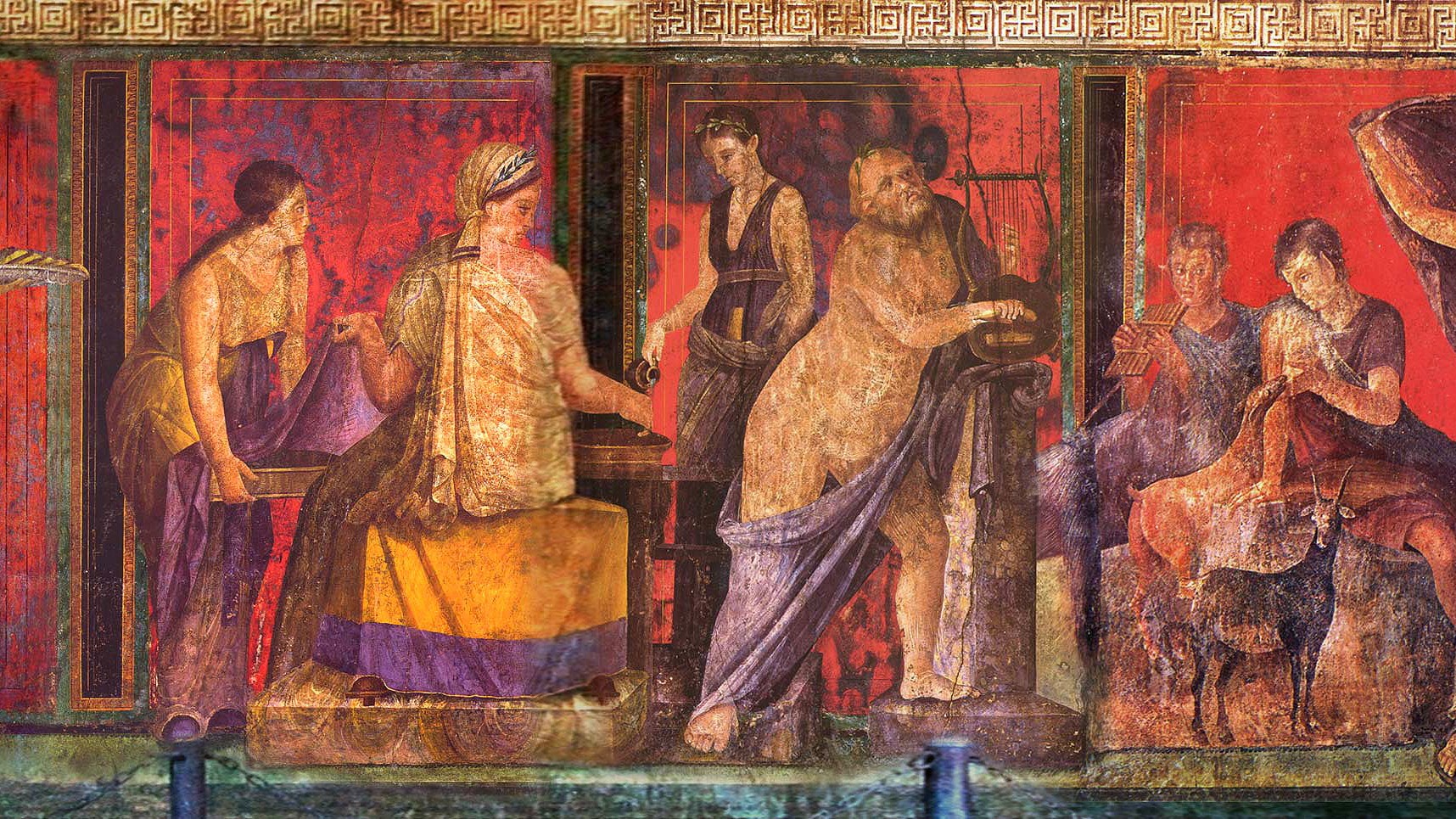Tim Brinkhof
Tim Brinkhof is a Dutch-born, New York-based journalist reporting on art, history, and literature. He studied early Netherlandish painting and Slavic literature at New York University, worked as an editorial assistant for Film Comment magazine, and has written for Esquire, Film & History, History Today, and History News Network.

Big Think spoke with historian Marc-William Palen about the egalitarian aims of the free-trade movement in past centuries.
In revolutionary Russia, a group of forward-thinking philosophers offered an alternative to both futurism and communism.
Big Think spoke with animator and animation historian Tom Sito about the cyclical evolution of animation.
The Uros of Lake Titicaca live on floating islands made from reeds. How did they get there?
Adrie Kusserow, an anthropologist and scholar of Buddhism, shares how her study of the religion and its history has reshaped her view of the world — and herself.
Archaeologist Bernard Frischer spent decades uploading the ruins of the Eternal City to the cloud. Here’s what it looks like.
Napoleon Bonaparte was a man of many faces. European historian Michael Broers explains which are featured on the silver screen and why.
Like many of us, the Roman emperor Marcus Aurelius hated waking up early, but his stoic philosophy always helped him get out of bed.
Omer Bartov, who spent decades studying the unspeakable horrors of genocide, shares how his studies have impacted his own mental health.
A sober look at a wild conspiracy theory that argues the Middle Ages never happened.
The volcano’s historic eruption preserved an ancient library, but rendered its content illegible. A public competition aims to change that.
The tonal Native American language differentiates words based on pitch and makes Spanish conjugation look like child’s play.
You’ve certainly seen the paintings — but they don’t depict what you think they do. Benjamin Moser discusses with Big Think.
Long before the birth of Julius Caesar, the Roman Republic appointed all-powerful dictators to protect their state in times of crisis. They were remarkably self-restrained and obedient to the Roman Constitution.
‘Six Persimmons,’ an ink painting by the Chinese monk Mu Qi, has long been hailed as the poster child of Zen Buddhism. But is its reputation deserved?
An influential series of books argues that the history of the world is the history of generations. Is it right?
See the world through the eyes of a horse — or a cake pan.
These astounding inventions show that civilizations of the past were a lot more advanced than we might have thought.
Tikal, one of the biggest cities the Maya ever built, was home to a vast and flourishing society.
The great philosopher spent the final portion of his painful life in a vegetative state. Did illness get him there, or was it his own philosophy?
Once at the pinnacle of Amsterdam’s art scene, Rembrandt van Rijn eventually found himself outcompeted by his own students.
Rejecting romanticism, these famous paintings depict war as it really is: sadistic and senseless.
China has always been one of the world’s wealthiest nations, but Chinese wealth looks different across the country’s eventful history.
In war zones, aggressors steal art to eradicate the cultural heritage of others. Victims, meanwhile, sell stolen art in order to survive.
The Persian Constitutional Revolution made unlikely allies and enemies of missionaries, ayatollahs, the shah, and his Russian ambassadors. Its legacy shaped modern-day Iran.
In ancient Rome, collective bathing was the norm. In the West today, it’s the exception — and that’s too bad.
The world’s “most produced living playwright” wins out over other contestants, including Salman Rushdie and Margaret Atwood.
Science and technology were making early modern Europe a better place to live, but at what cost?
Australian soldiers fighting the Japanese recruited native New Guineans to their campaign.
Historians have been able to piece together a clear picture of how the average Roman citizen spent their waking hours.
